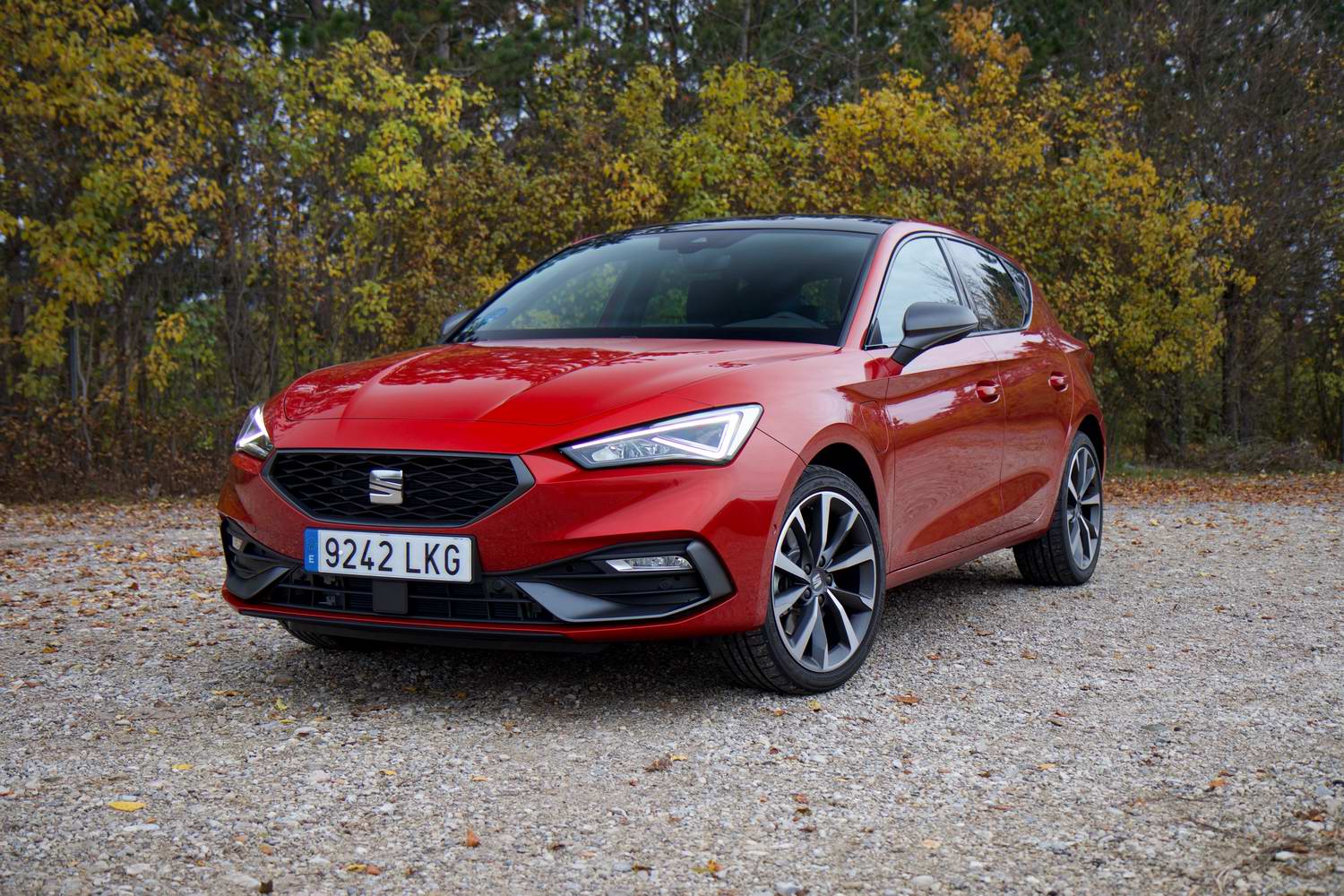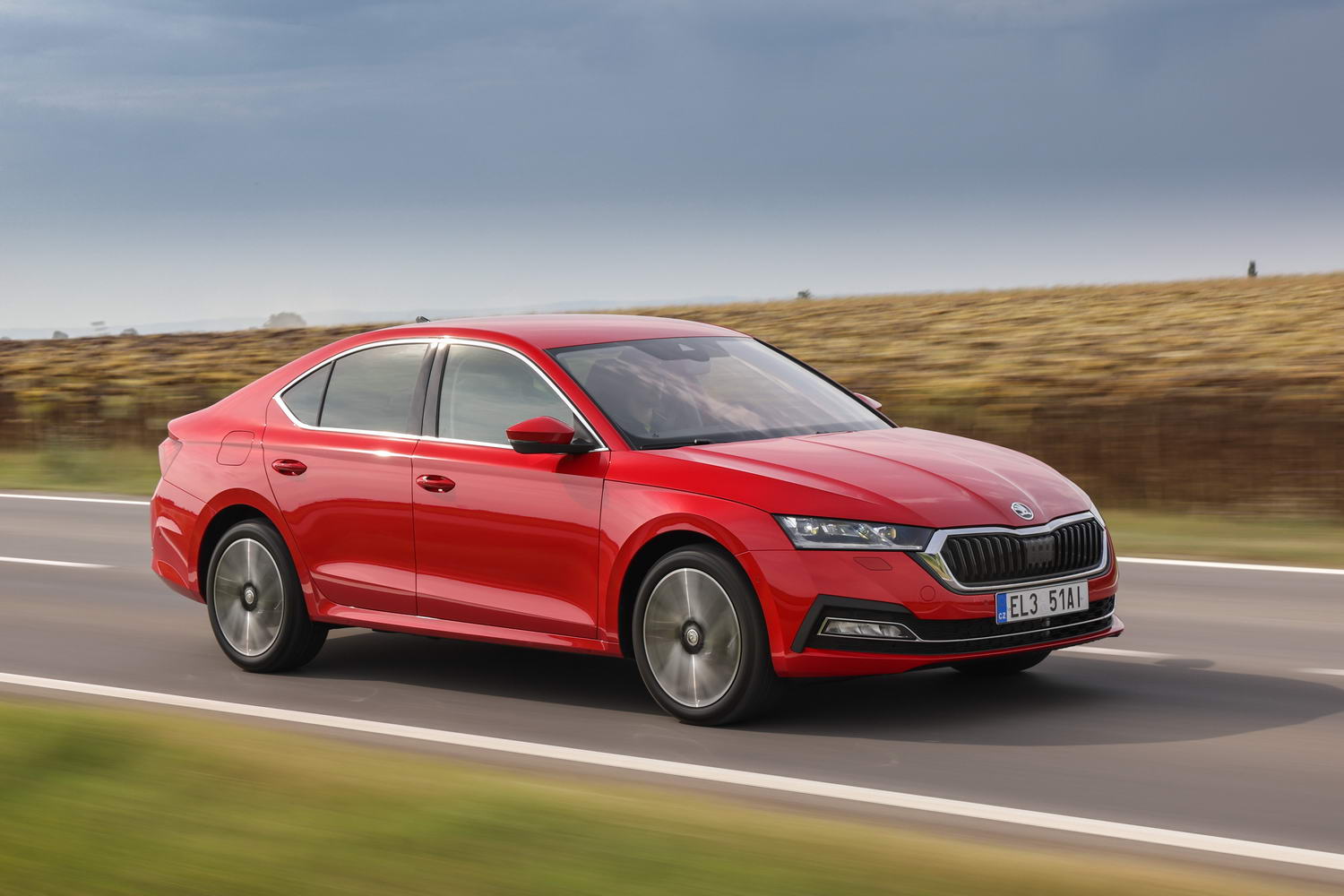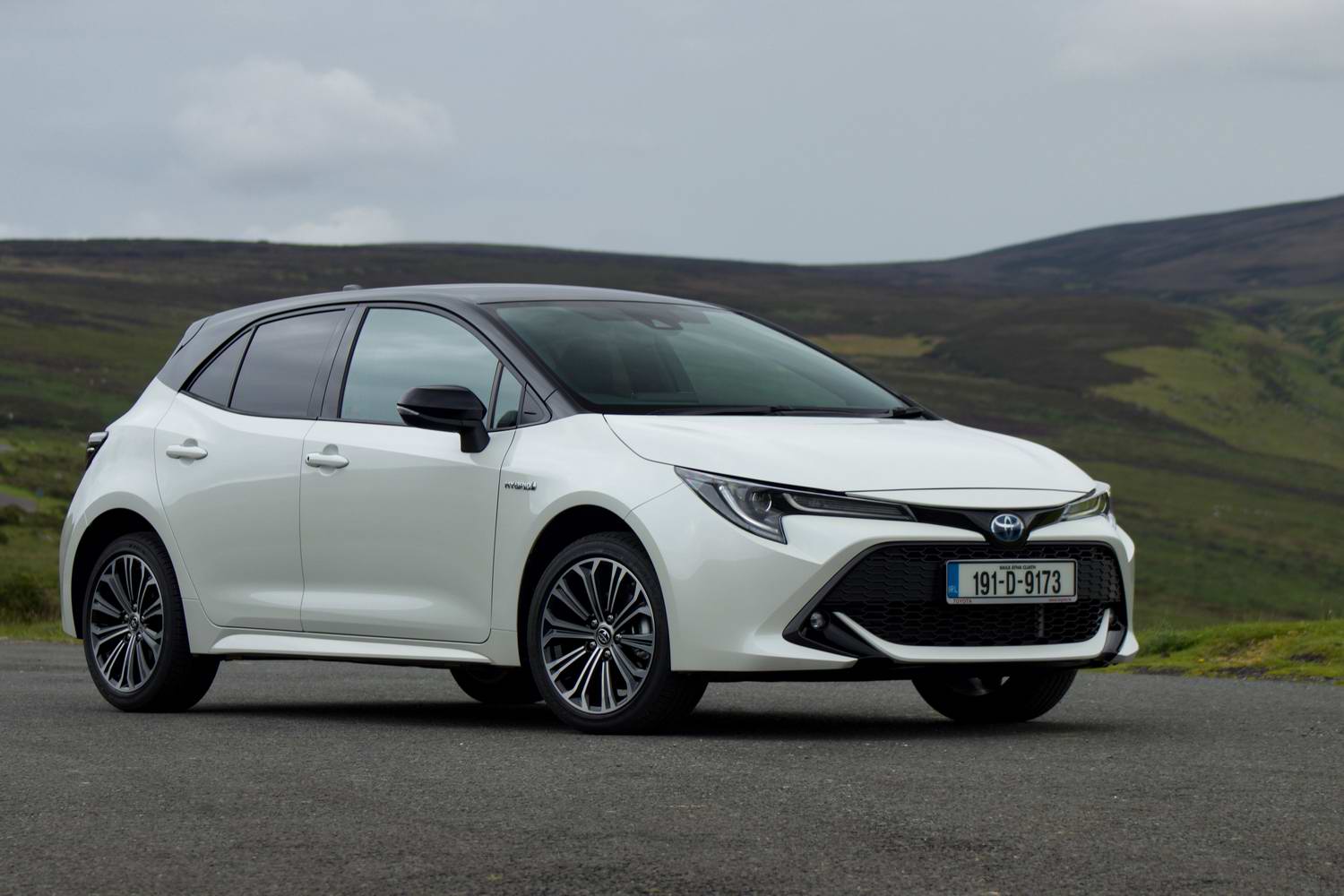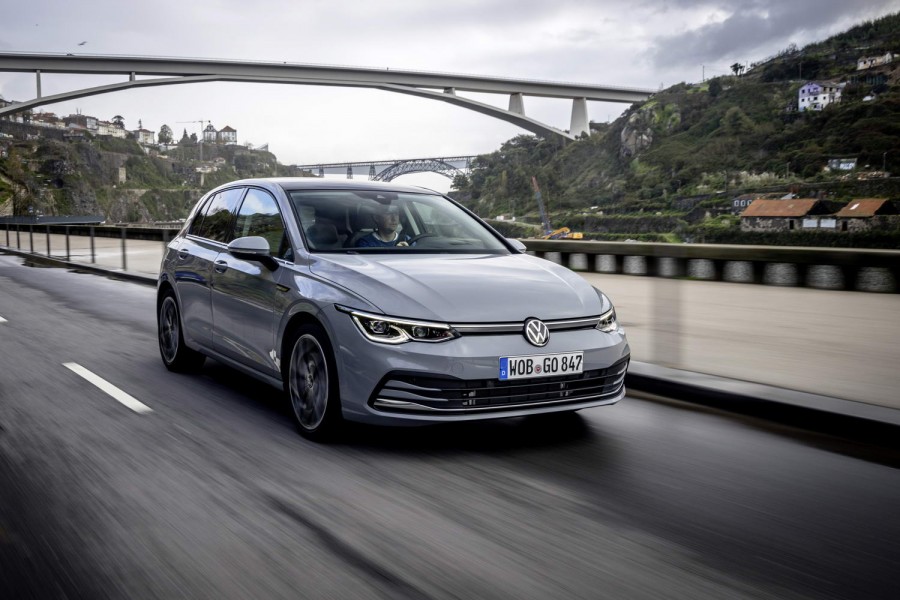The addition of a plug-in hybrid powertrain to the SEAT Leon, under the 'e-Hybrid' name, should bolster its appeal both for urban commuters and company car drivers alike, thanks to its 60-kilometre electric driving range and low CO2 emissions.
In the metal
Among the current crop of C-segment hatchbacks, the SEAT Leon is one of the best and has one of the most attractive designs. It's a tasteful evolution of its predecessor and looks especially good in the sportier FR specification. Not only is it visually more striking than its relation, the Volkswagen Golf, but the Leon's interior is also an exercise in well-executed design. That was one of the only weak links in the previous Leon, so the improvements to both material quality and layout in this model add to its completeness.
Only the battery charging port on the front passenger side wing indicates that this is the plug-in hybrid variant of the Leon. This location is what the Volkswagen Group is using for many of its models, including the Skoda Octavia iV and sporty Cupra Formentor models. It's a relatively convenient location for the charge port, and because the Leon e-Hybrid doesn't have a rapid DC charger (which usually involves shorter length cables) most people won't find issue with accessing public chargers. That battery is a 13kWh lithium-ion unit that is located in the rear of the car beneath the back seats and boot. Its placement ensures that the additional weight is kept low down, but the luggage capacity of the boot has been reduced by 100 litres, to 270 litres. That's still reasonably useful, but if you need more space, then SEAT also offers an estate version of the Leon.
Driving it
The SEAT Leon has enjoyed a reputation for sharp handling and decent driving dynamics and, despite the additional weight of the plug-in hybrid system, the e-Hybrid model still drives very well. This version also benefits from the multi-link rear suspension setup that refines the ride quality further and improves the handling. Providing there is some charge in that 13kWh battery, the Leon will initially pull away in silence using the electric motor. With 116hp, it has adequate power in this mode and comfortably does the typical urban stuff with ease. According to SEAT's figures from the WLTP cycle, the Leon e-Hybrid can cover up to 60 kilometres on a single charge before the 1.4-litre TSI petrol engine is called upon. Acceleration is brisk thanks to the instantaneous torque of the electric motor, but as the 7.5 seconds it takes to get from 0-100km/h shows, it's not overly rapid.
A charge takes a little under four hours from an AC wallbox. Even without a dedicated wallbox, using a domestic plug socket will see the battery topped up in around six hours. When on the move you have the option to hold a set amount of charge in the battery, in case you need it for a later part of your journey, such as for entering a low-emission zone.
When the battery depletes, the 1.4-litre petrol engine spools into action to deliver a smooth and largely seamless transition of power. The 150hp turbocharged four-cylinder unit works well with the six-speed dual-clutch automatic gearbox, although it can sound strained when placed under heavier load. Aside from its purely electric mode, the hybrid setting leaves the Leon in good stead, stretching out the fuel economy and spending reasonable amounts of time utilising the battery power. However, as with all plug-in hybrids, you will need to keep charging up that battery as often as possible if you want to see fuel consumption figures close to what SEAT claims is possible.
What you get for your money
SEAT Ireland has yet to confirm the specifications or pricing for any of the new Leon e-Hybrid range. Once these are confirmed, this section of the review will be updated.
Summary
With attractive styling and a great interior, the SEAT Leon e-Hybrid proves itself to be an excellent all-rounder and offers many benefits of ownership and use for both private buyers and company car drivers. On top of that it remains one of the most appealing cars in the segment, and is one of the better plug-in hybrids of the current era.




























